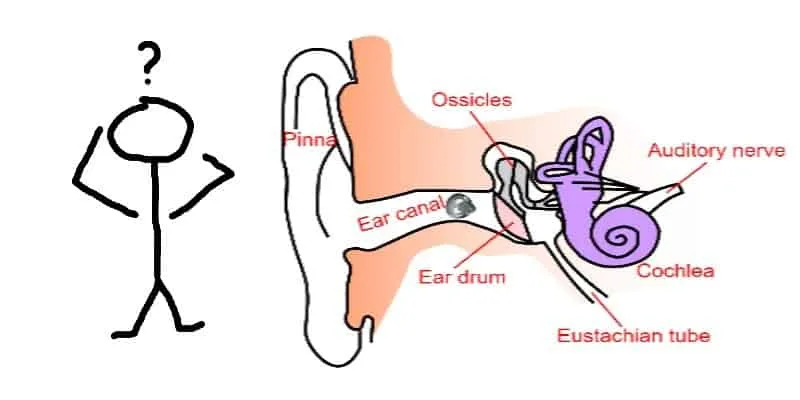Experiencing dizziness or vertigo can be frustrating and even frightening, often leaving you searching for answers and possible solutions. If you wear hearing aids, you might wonder whether your devices could be contributing to these symptoms. The short answer: It’s extremely unlikely that hearing aids directly cause dizziness, but there are a few exceptions worth exploring.
Hearing aids are considered very low risk for causing dizziness, and most doctors will confirm they are not a direct cause. Millions of people wear them daily without issues, yet some individuals do report dizziness that seems linked to their use. As an audiologist, I’ve reviewed the science, patient cases, and medical literature to clarify the connection — and to offer solutions if you suspect your hearing aids may be involved.
Can Hearing Aids Cause Dizziness? The Evidence Says No
The inner ear contains two main systems: the cochlea (for hearing) and the vestibular system (for balance). Both send signals to the brain via the eighth cranial nerve. Vertigo is typically linked to vestibular system problems, but hearing aids do not stimulate this system directly.
In fact, research suggests hearing aids can improve balance. A study with 14 adults aged 65+ found participants were more stable while wearing hearing aids, even if they didn’t consciously notice the improvement.

According to Dr. Timothy E. Hullar, “Participants seemed to be using sound as an extra sense for balance — like how vision helps orient you. If you turn off the lights, people sway more. Similarly, hearing can provide spatial cues that stabilize you.”
What to Do If You Think Your Hearing Aids Make You Dizzy
If you experience vertigo and suspect your hearing aids may be part of the problem, here are steps to troubleshoot:
- Adjust dome size or earmold fit: If you have a receiver-in-canal (RIC) hearing aid, your audiologist can swap domes or earmolds to reduce pressure or occlusion effects.
- Try a custom-fit earpiece: A better fit may reduce any physical irritation.
- Shorter canal length: For in-the-ear models, remaking the shell with a shorter canal can help.
- Vestibular testing: If changes don’t help, request a VNG or rotational chair test to rule out balance disorders.
- Consider alternatives: In rare cases, a bone-anchored hearing aid (BAHA) may bypass inner ear issues entirely.
Rare Scenarios Where Hearing Aids Might Seem to Cause Dizziness
While hearing aids themselves don’t damage the vestibular system, there are a few medical conditions where wearing them might trigger or worsen symptoms:
1. Tullio Phenomenon
Tullio Phenomenon is when sound causes vertigo, dizziness, or nausea — often linked to superior semicircular canal dehiscence, perilymph fistula, or other rare ear disorders. Loud amplified sounds from hearing aids could worsen symptoms if you already have this condition. A simple test: remove your hearing aids and produce a loud noise; if dizziness occurs, see an ENT.
2. Pressure on the Tympanic Membrane

The eardrum is sensitive to pressure, but most hearing aids have venting to prevent buildup. However, blocked vents (often from earwax) or a dome stuck in the ear canal can cause temporary dizziness.
When to See a Doctor
You should consult an ENT or audiologist immediately if dizziness is accompanied by:
- Sudden hearing loss
- Persistent vertigo lasting more than a few hours
- Severe nausea or vomiting
- Ear pain or drainage
These could indicate serious inner ear disorders such as Meniere’s disease, vestibular neuritis, or labyrinthitis.

